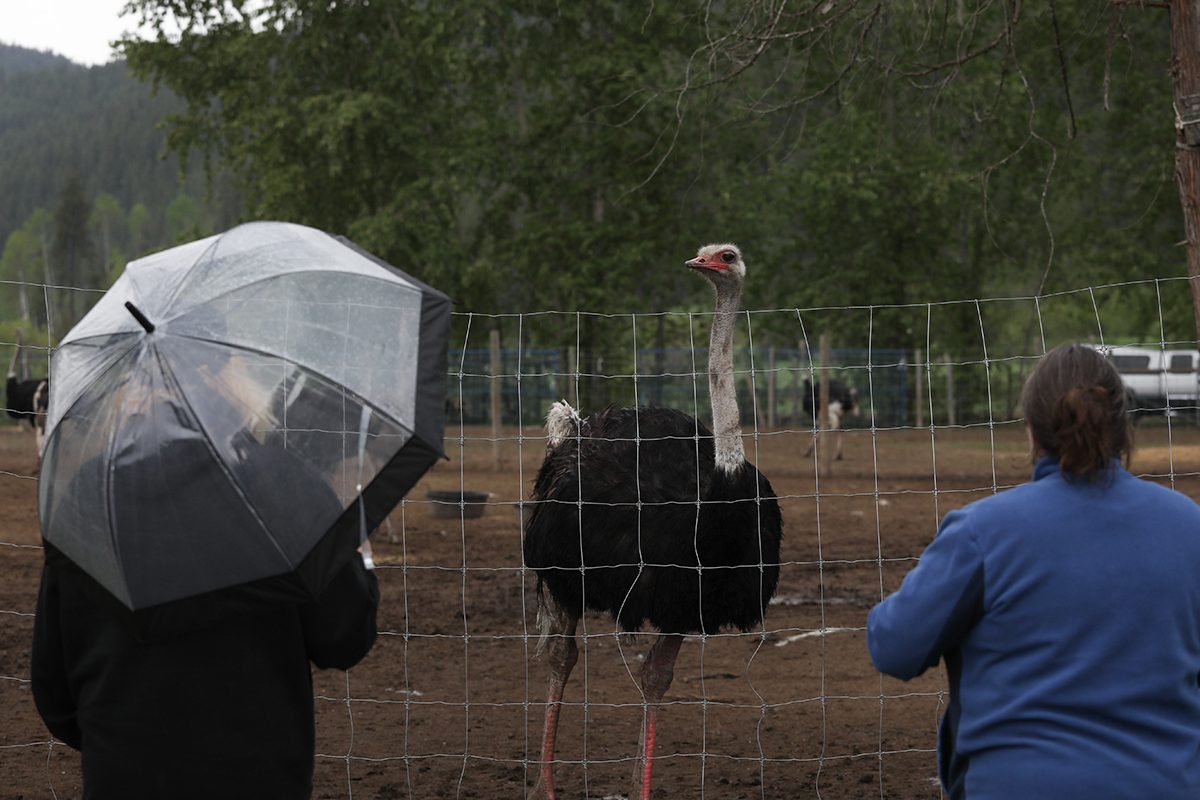WELLINGTON (Reuters) — New Zealand dairy co-operative Fonterra is expected to raise the price it pays its milk suppliers as lower production due to drought has stemmed supply and lifted global dairy prices from multi-year lows.
When the world’s largest dairy exporter updates its farmgate price on Thursday, analysts expect it will raise its payout to as much as US $4 per kg for milk solids, up six percent.
A lift would provide some relief to Fonterra’s farmer shareholders who collect nearly 90 percent of the country’s milk production and who have seen incomes slashed after a deep cut in farmgate prices.
Read Also

B.C. ostrich owner condemns violence near embattled farm
One of the owners of Universal Ostrich near Edgewood, B.C. condemned the alleged assault and arson against one of the farm’s neighbours said to have been committed by a protestor. The farm is in a legal battle with federal authorities over a cull order of the farm’s ostriches, which contracted avian influenza.
Global dairy prices have risen 26 percent at Fonterra’s fortnightly auctions so far this year as Southeast Asian and Middle Eastern buyers trickle back into the market following a 50 percent plunge in prices last year.
A cut in demand from China, the world’s biggest buyer of milk powder stung prices last year amid a global supply glut, but analysts said that reduced supply from New Zealand, which dominates global dairy exports, was helping prices.
“We’re confident that prices have turned and are heading back to levels where supply and demand are in balance, and where levels are more reflective of the cost of production,” said ASB rural economist Nathan Penny.
New Zealand’s dairy production, which is pasture-based, has fallen in past months due to a dry summer, prompting the government to declare drought in the South Island, the country’s fastest growing dairying region.
Last month, Fonterra cut its annual collection forecast by 3.3 percent from last year’s record volumes, while announcing it would reduce the amount of whole milk powder offered at its auctions by around 15 percent over the next six months.
Analysts expect global dairy prices to continue rising in the coming months as supply remains tight, although another dip in prices may be in store in the second half of the year as supply from Europe and North America hits the market.
Easing growth in China has weighed on consumption and has slowed the aggressive pace of buying by Chinese processors seen in 2013 and early 2014.
Meanwhile, exports to other top markets including the United Arab Emirates, Malaysia, Indonesia, and Algeria, have jumped to record annual levels in 2014, according to official trade data.














